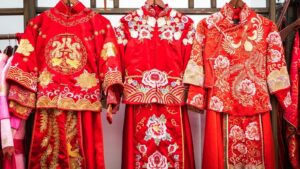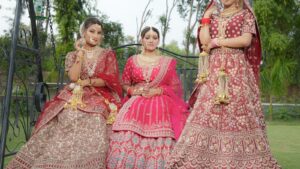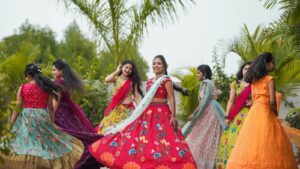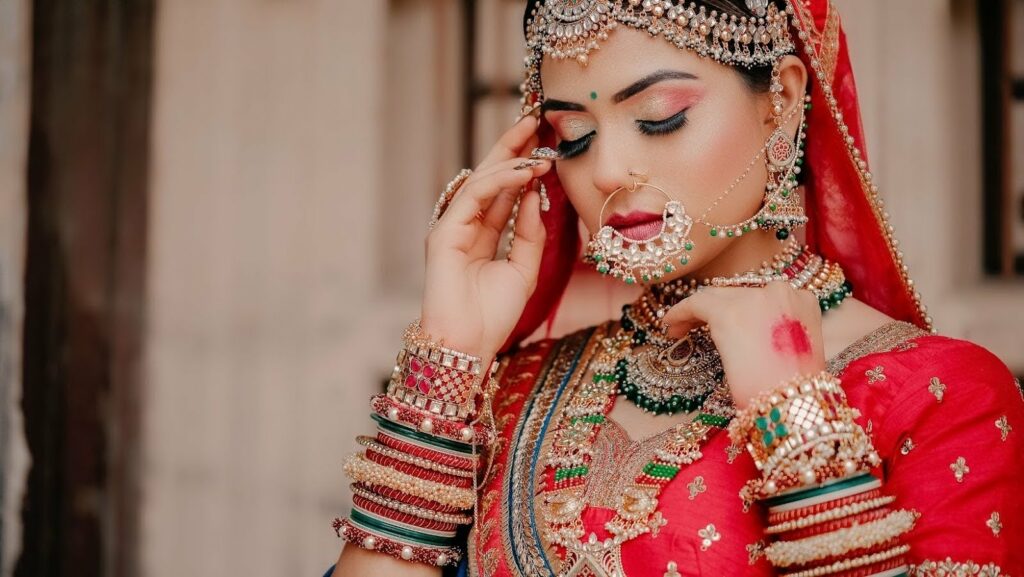In the vibrant landscape of Indian fashion, a new wave of sustainability is taking center stage. From traditional textiles to contemporary designs, sustainable fashion brands in India are redefining the industry’s ethos. Embracing eco-friendly practices, ethical sourcing, and innovative craftsmanship, these brands are not just creating beautiful garments but also paving the way for a more conscious future. With a rich tapestry of culture and heritage, Indian sustainable fashion brands blend tradition with modernity, offering unique pieces that tell a story of sustainability and style. By championing transparency in their supply chains and promoting fair labor practices, these brands are setting a new standard for the global fashion scene. Explore the intersection of tradition, innovation, and sustainability as we delve into the world of sustainable fashion brands in India.
Sustainable Fashion Brands In India

Indian fashion has witnessed a surge in sustainable practices, with brands leading the way in eco-friendly initiatives. These brands are redefining the industry by prioritizing ethical sourcing methods and infusing innovative craftsmanship into their designs. The fusion of traditional textiles with contemporary styles is a hallmark of these sustainable fashion brands, offering unique and stylish pieces that resonate with environmentally conscious consumers. In India, sustainable fashion brands are not just about aesthetics; they are committed to transparency across their supply chains. By advocating for fair labor practices, these brands are setting new benchmarks in the global fashion arena. Consumers can now support brands that not only offer trendy clothing but also uphold values of sustainability and social responsibility.
Here are some prominent sustainable fashion brands in India that are making a difference in the industry:

- Anita Dongre: Known for her sustainable fashion label, Anita Dongre promotes eco-conscious practices through her exquisite designs that celebrate Indian craftsmanship.
- Bodice: This brand focuses on minimalism and sustainable production techniques, creating timeless pieces that reflect a blend of modernity and sustainability.
- Péro: Péro stands out for its handcrafted designs and use of organic fabrics, showcasing a perfect marriage between traditional Indian techniques and contemporary fashion sensibilities.
- Kanelle: With a focus on upcycling and zero waste patterns, Kanelle is a pioneer in sustainable fashion, offering chic and environmentally friendly clothing options.
- Doodlage: Doodlage is known for its innovative approach to sustainable fashion, incorporating fabric scraps and industrial waste into stylish and eco-friendly collections.
These brands represent the forefront of sustainable fashion in India, demonstrating that style and sustainability can go hand in hand. By supporting these ethical and eco-conscious brands, consumers can be part of a positive change in the fashion industry.
Future of Sustainable Fashion Brands in India

In the coming years, sustainable fashion brands in India are poised to play a pivotal role in shaping the future of the fashion industry in the country. With a growing global emphasis on environmental consciousness and ethical practices, these brands are set to see substantial growth and influence. Embracing sustainability isn’t just a passing trend; it’s becoming a core value for consumers and businesses alike. As consumer awareness about sustainability increases, so does the demand for eco-friendly and ethically produced garments. Sustainable fashion brands in India are well-positioned to cater to this demand by continuing to innovate in their design processes, sourcing sustainable materials, and ensuring transparency in their supply chains. These brands are not only meeting current expectations but are also setting new benchmarks for the industry.
The future success of sustainable fashion brands in India hinges on their ability to overcome the existing challenges. By addressing issues such as high production costs, consumer perceptions of style and variety, and the need for better communication of their values, these brands can solidify their position in the market. Collaboration, innovation, and a steadfast commitment to sustainability will be key drivers of growth in the years to come.

